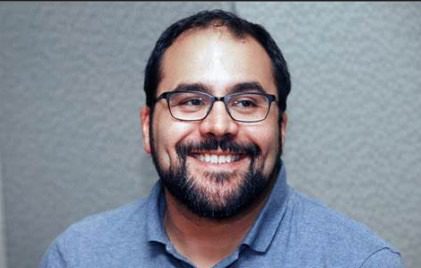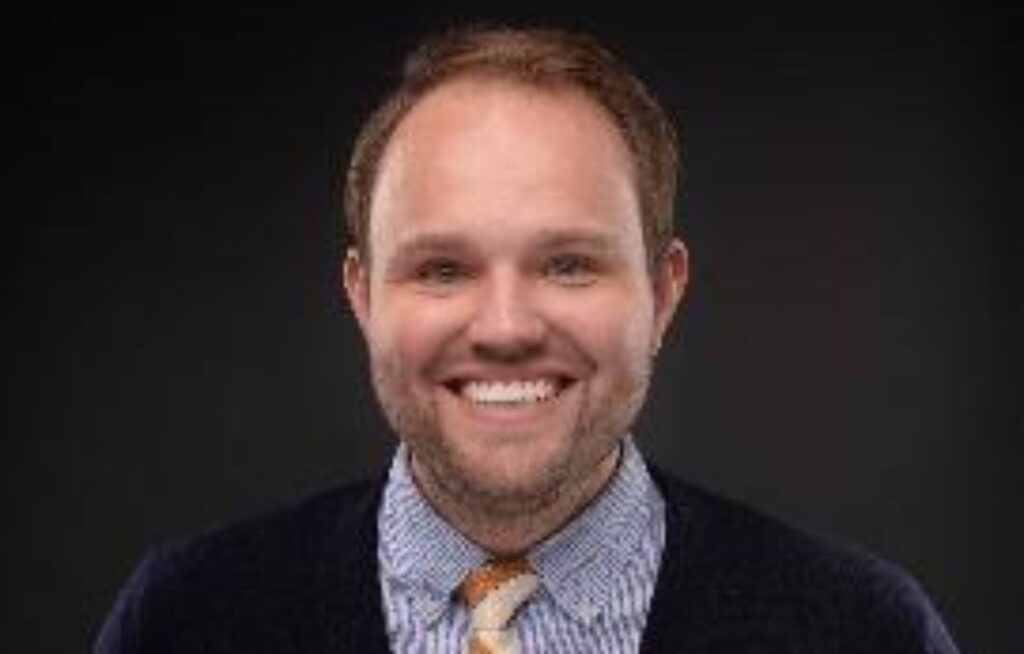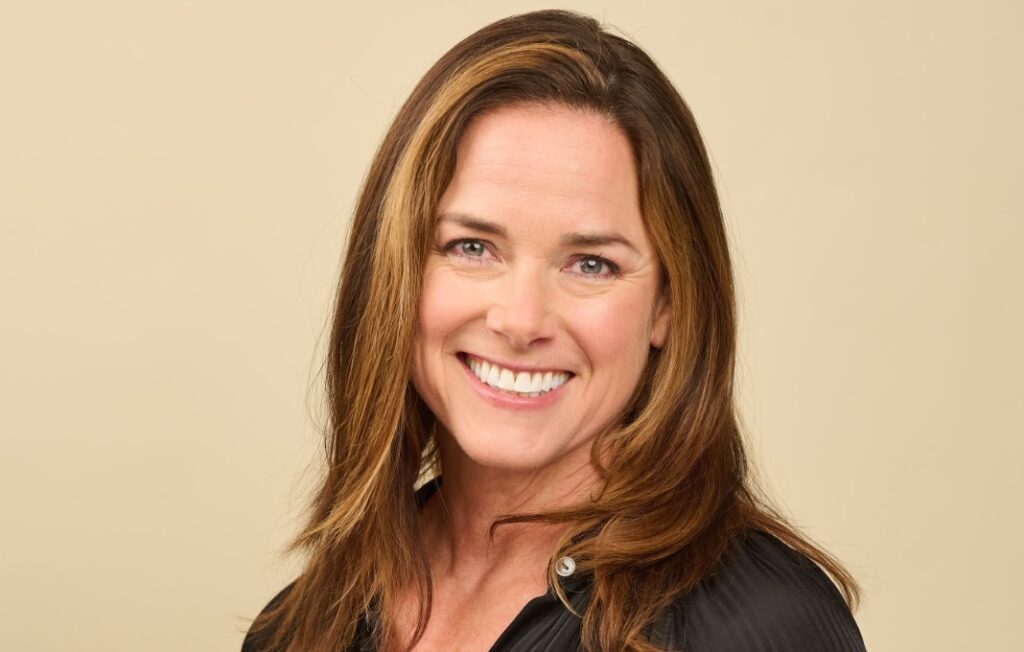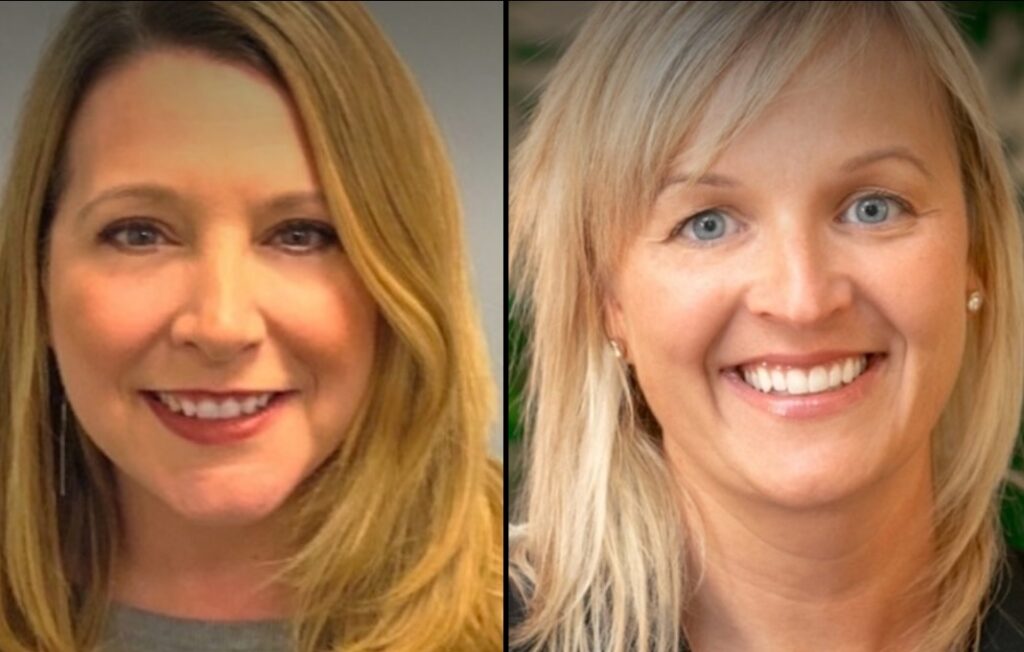As U.S. Senator Richard Blumenthal swept through the floor of the Hygrade Precision Technologies plant in a tour on a recent Friday morning, he saw about two dozen familiar faces.
Not familiar to him—familiar to one another. And in that fact, the Democrat senator from Connecticut beheld one of the biggest keys to the success of the company in Plainville, Connecticut, that was just named 2023 Small Business Administration Manufacturer of the Year. At a time of when manufacturers are struggling to hold on to key employees, the continuity of Hygrade’s workforce has been crucial.
And there are lessons for other leaders in how the family-owned company led by Pedro Soto has done it.
“Obviously the major normal stuff, pay and benefits, needs to be there,” Soto, president and CEO of the provider of high-precision machining and finishing services to Connecticut’s robust aerospace industry, told StrategicCHRO360. “But especially in an economy where people could work anywhere else, they want an environment that’s a good place to work, where they want to show up and have other good people around. We try to reflect and lead that. We have a good team of people who can work well together and like working with each other.”
Soto previously headed a Tier One aerospace supplier that had been founded by his father and, in 2016, sold the company now known as DRT Aerospace. Then he purchased Hygrade from the retiring owner, in part with an SBA loan.
“In aerospace, there are areas where there aren’t many companies doing certain processes, and the supply chain narrows drastically,” Soto said. “So, I saw what is a unique proposition. Hygrade commands price premiums, and our services aren’t easily replicated.”
But providing premium services means employing premium people, and keeping them so that customers in a long-range-contract business are willing to give suppliers like Hygrade their own long-term contracts. How has Soto done it? Here are several elements of his approach:
• Show sacrifice. Shortly after he bought Hygrade, the pandemic began. Even the Connecticut aerospace supply chain was plunged into disarray, severely disrupting Hygrade’s production. Soto leveraged every possible piece of government financial aid to keep Hygrade’s people employed, but he also dug into his own finances.
“I used some of my own money to keep people here,” he said. “When things turned around, I was going to need to have staff and people in place to take advantage of the market cycle as it came back.” Hygrade’s sales fell by roughly half during Covid but lately have recovered to nearly $4 million annually, “which is one of the things that got the SBA’s attention.”
• Make people accountable. “We’ve found that, when you have a team where everyone is held accountable and there’s a shared sense of responsibility, when everyone realizes that everyone feels and does the same thing, it makes a big difference in how you can operate day to day,” Soto said.
That means building “positive values” around the notion of “expecting high performance and rewarding it, not being a taskmaster,” he said. “That allows you to determine employees who don’t fit. Others see it. It’s easy to let go of a low-performing employee who doesn’t fit your values, but the scary thing is to let go of high-performing employees who are toxic. It’s more important. As you build a collaborative environment, you can’t have a double standard for them.
“Sometimes you have to be prepared to take a hit on that,” Soto said. “It just shows employees that you’re very serious about what you’re doing.”
• Communicate through adversity. “We try to communicate as much as possible, especially when times are tough,” Soto said. “I’m a glass-half-full kind of guy, so that can be hard for me. But as a company, we aren’t out of the woods yet.”
For example, he said, last year Hygrade began sharing information with its employees about monthly company sales and quality goals. But Soto got feedback from workers that they were less interested in such metrics than in “how are we doing in the shop, are we under- or over-performing, and what can we contribute to getting everything done. Not a dollar figure, but how are we doing?
“So we began communicating to them about the orders they needed to produce this month, and how they were doing in executing that. It’s definitely made a difference.”
• Partner with reports. Soto observed that, “When you’re the head honcho, you need to strike a balance between delegating work and feeling the pulse of the company at every level. You need to let key management staff do their job, and don’t jump ahead of them. You don’t want to get involved.
“But in a crisis situation, you need to be more present and more active and support everyone all the way down, and definitely your leadership team. Get them involved and keep them as a partner in solving the problem.”








